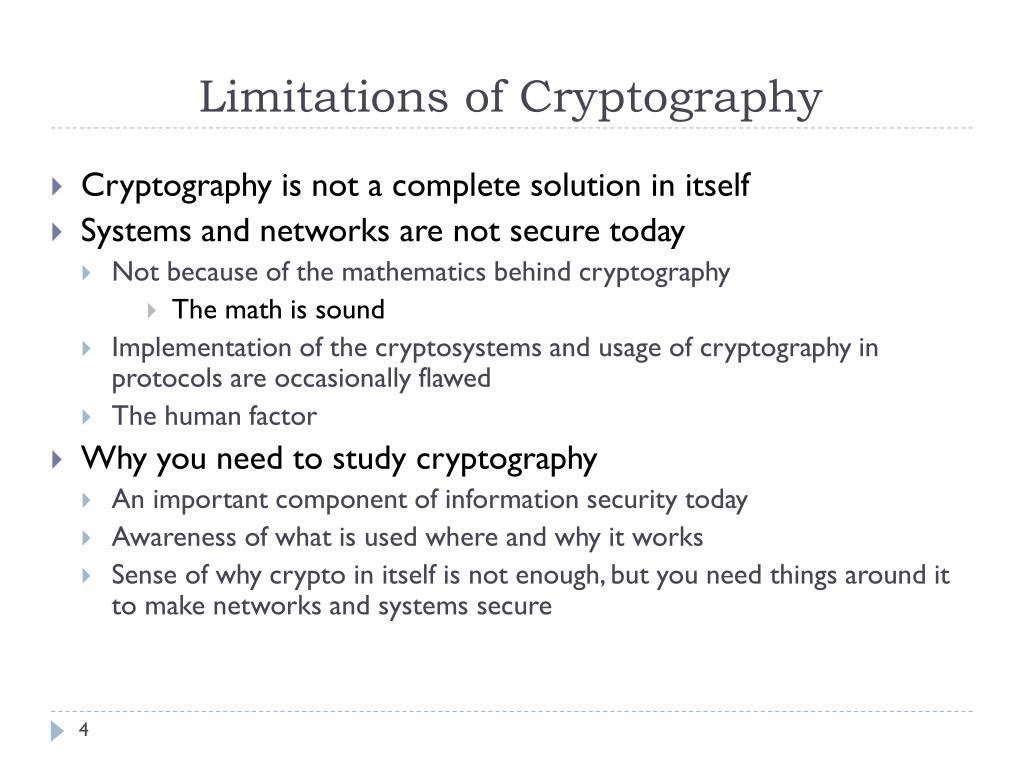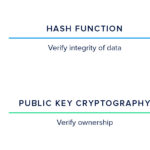Cryptography, the art of protecting information through codes, serves as a double-edged sword in the digital age. On one hand, it is an invaluable tool in safeguarding personal privacy, securing communications, and protecting data against malicious breaches. On the other hand, it poses questions that challenge the very fabric of societal norms, including legal and ethical considerations. The debate surrounding whether there should be legal limits on cryptography is an intricate tapestry woven with security, privacy, freedom, and public safety. This article will explore various facets of this contentious issue.
Understanding Cryptography
Cryptography functions as the backbone of secure communications in today’s rapidly evolving technological landscape. From simple encryption of emails to complex protocols securing financial transactions, its applications are pervasive. At its core, cryptography transforms readable data into an unintelligible format, accessible only to those possessing a specific decryption key. This fundamental characteristic raises the pertinent question of whether unrestricted use of cryptographic techniques endangers societal interests.
The Case for Legal Limits
Advocates for imposing legal restrictions on cryptography often cite national security as a paramount concern. Governments argue that unregulated encryption can hinder law enforcement and intelligence agencies from preventing terrorist activities or combating criminal enterprises. The inability to access encrypted communication channels can potentially shield malevolent actors from accountability, resulting in an environment conducive to nefarious actions.
Moreover, child exploitation and human trafficking operations increasingly utilize encrypted platforms, posing dire ethical dilemmas. In these instances, proponents assert that limited access to cryptography may facilitate the timely apprehension of offenders and the protection of vulnerable individuals. When the safety of society is at stake, the argument asserts that the benefits of imposing legal limits outweigh the potential drawbacks of infringing on individual freedoms.
Another angle of this debate involves the role of accountability in technology. When cryptographic methods are impervious to scrutiny, they become fertile grounds for misuse. By imposing legal constraints, governments might compel technology firms to develop backdoors or systems for secure monitoring—albeit controversial tactics aimed at balancing security with privacy concerns. Ensuring that cryptographic technologies serve the public good requires transparency and responsibility.
The Slippery Slope of Overreach
Detractors of legal limits on cryptography vehemently argue that imposing restrictions represents a slippery slope toward governmental overreach. History has shown that once authorities are granted the power to surveil encrypted communications, the potential for abuse proliferates. This scenario raises alarms about intrusions into civil liberties and the erosion of democratic values, particularly the right to privacy.
In a world increasingly aware of issues surrounding data privacy, maintaining the sanctity of personal communication is paramount. Citizens ought to possess the autonomy to protect their private information from unwarranted scrutiny. The imposition of limits could invite rampant surveillance, normalizing the encroachment on individual freedoms under the guise of security. Such counterarguments emphasize the necessity for a discerning public discourse on the balance between safety and individual liberties.
The Global Perspective
The international nature of cryptography complicates the debate further. Different nations have varying legal frameworks governing encryption, manifesting a patchwork of policies that can lead to conflicting standards and practices. For example, countries such as the United States advocate for robust encryption, promoting it as an essential pillar of free expression. In contrast, authoritarian regimes may harness legal limits as tools for oppression, stifling dissent and curtailing freedoms.
The implications of imposing legal limits on cryptography resonate beyond national borders. International businesses operating in multiple jurisdictions must navigate a quagmire of legal constraints, creating further complications for developing secure technologies. Cooperation among nations may pave the way for unified strategies that neither undermine security nor infringe upon personal freedoms, but achieving consensus is fraught with challenges.
Technological Advancements and Innovations
The rapid evolution of technology presents yet another layer to the debate. As cryptographic innovations emerge, so do sophisticated methods of circumventing potential legal restrictions. The nature of open-source software and the global accessibility of information mean that attempts to regulate encryption often result in cat-and-mouse dynamics. By the time legal frameworks are enacted, technological advancements may render them obsolete.
Moreover, the call for transparent encryption standards could usher in constructive dialogues that promote collaboration among tech developers, policymakers, and civil rights advocates. By engaging in proactive discussions, stakeholders can chart a course that enhances security while preserving essential liberties. This collaborative approach may yield more effective and adaptable solutions than rigid legal restrictions.
Conclusion: Finding a Balance
The question of whether there should be legal limits on cryptography invokes passionate discussions that traverse national boundaries, ethical considerations, and technological advancements. The dichotomy between security and personal freedoms underscores the complexity of the issue, emphasizing the need for a nuanced understanding. Rather than viewing cryptography solely as a means for safeguarding data or a tool for malign purposes, it is essential to conceive it within the broader context of societal values.
Ultimately, a balanced approach is crucial—one that encourages the responsible development and use of cryptographic technologies while ensuring that the rights of individuals are not unduly infringed upon. The ongoing debate reflects the ever-evolving nature of our digital society, demanding vigilant engagement from all stakeholders. Only through comprehensive dialogue can we aspire to forge pathways that simultaneously secure our societies and uphold our fundamental freedoms.








Leave a Comment